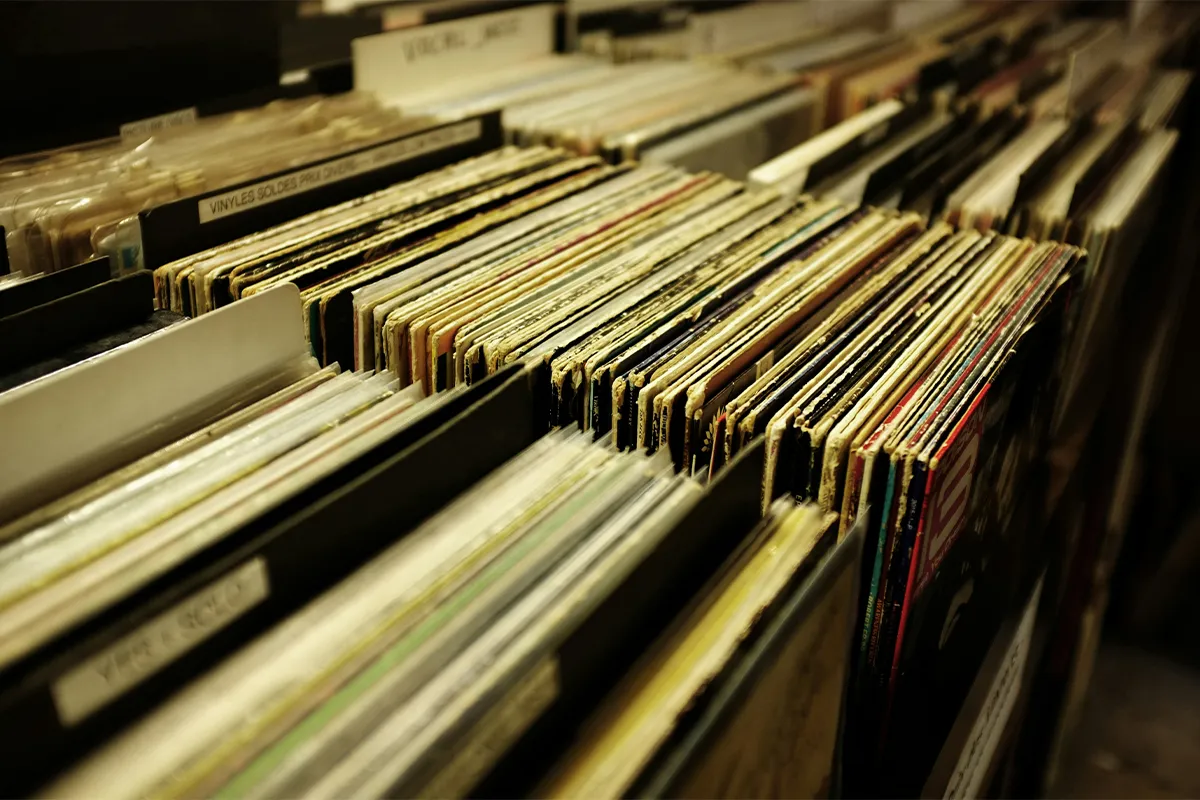Saving emails in Outlook is like keeping old letters safe. You can put emails into the Archive folder with one click. This makes your main inbox less full and keeps your emails easy to find with search tools.
When you archive emails, you can use Outlook’s good search to find them. You can find any email you save very fast. This is a good choice instead of deleting them. The practice of achieving emails saves you a ton of Outlook cloud storage.
Archiving makes your main inbox not messy. This helps you pay attention to new things. A clean inbox helps you work better and manage your emails nicer.
If you save emails and not delete them, you keep important stuff. This makes sure you keep your talking history safe. You can look at old talks when you need them again.
Guide to Archiving Emails in Outlook
First open or choose the email you want to save. Then, press the “Archive” button you see on the top or choose the saving option in the list. This easy step puts the emails you pick into the Archive place.
To save emails by themselves, pick an email from a sender and make a rule that sends those emails to your saved place. You can make more places to put saved emails in order.
Choose things like words that match to make your saving rules better. This makes sorting your emails easier. You can change these options in Outlook’s Settings to make the rules work better for you.
Finding Your Archived Emails in Outlook
To look for your saved emails, go to the side part in Outlook. It shows all your places, like your Archive. Click on “Archive” to see your saved messages. This way gives you fast access and does not make email organizing hard.
Use Outlook’s search to find old emails easily. Put keywords or email addresses in the search box, and Outlook will look like your old emails. For better results, just look in the Archive folder.
Click the dropdown next to the search box, pick “All Mailboxes,” and then “Archive.” If you do not see the emails you want, make sure you type the right keywords or choose the correct time.
Decoding Archiving vs. Deleting Emails
Archiving moves an email to an Archive folder. Deleting sends emails to the Trash or Deleted Items, where they may be gone after some time. This difference is very important for email life management.
Archived emails always stay in the Archive folder, but deleted emails get removed after a while. This becomes very hard how to retrieve deleted emails. Know this when choosing whether to archive or delete.
Archiving keeps emails from filling your inbox, which helps with your storage management. Deleting makes more space, but you might lose important information.
You can find archived emails easily by searching in the Archive folder. Once deleted emails are gone from Trash, they are gone forever. Keep emails that are important to work better.
Emails you should archive
You should keep financial records like bank details, bills, and reports about investments. These emails have important details that help with decisions later and with taxes. Keep these in your archive when you need them quickly.
Keep emails from work because they are useful. They keep track of the projects and choices and talk with work people and customers. It is good to save these to always have a good record to look at. This helps stop misunderstandings or fights.
You often need online shop tickets and buy emails if you want to return things, for guarantee needs, or to report expenses. Saving these emails takes them out of your main emails. This makes them easy to find and helps avoid problems later.
Emails about important personal times – like birthday wishes, wedding cards, baby news – need their own space. Save these emails to keep special memories of your life. They could be very important later.
It is good to keep big legal papers like deals, legal promises, and court talks saved. These emails can be very important for legal fights or to understand a deal. Saving them makes sure they are safe, but you can find them when needed.
Emails for work projects often have plans, what you need to give, and teamwork talks. When you save these emails, your inbox becomes less full. It makes sure you still have all the key details. This makes managing work and working with others better.
You should save emails about trips like plane tickets, places to stay, and your travel plans. This makes sure all your trip papers are in order and easy to find. It is very helpful if your plans need to change fast.
Conclusion
Too many emails can make it hard to work well. Always looking at emails that do not matter makes it hard to care about what is important. Saving emails helps. Unlike throwing away emails, saving them keeps them away from your main emails, but they are still there if you need them later.
This easy thing can make you more focused. By saving old emails, you make your work area less full. Then you can find important talks easily. No need to look in a panic or to think about if you threw away something big.
Saving emails keeps your info safe and ready to use. Both organizations win, and you get peace of mind. You have a tidy inbox that helps you to work better. You can also look at old information when you need it.

